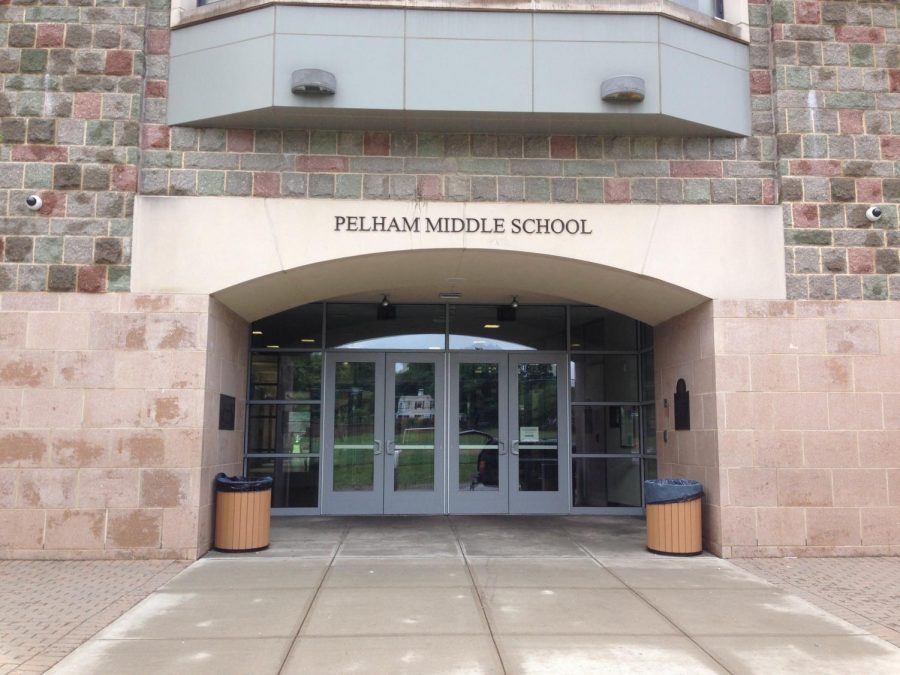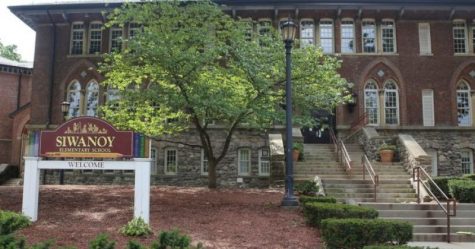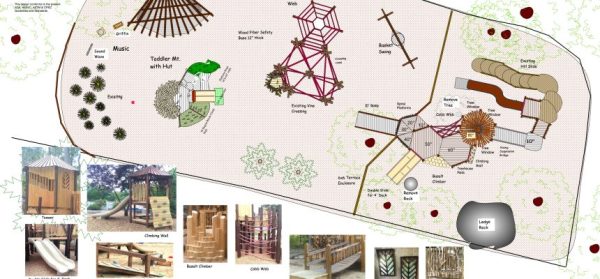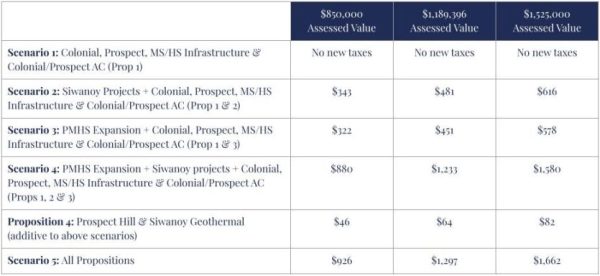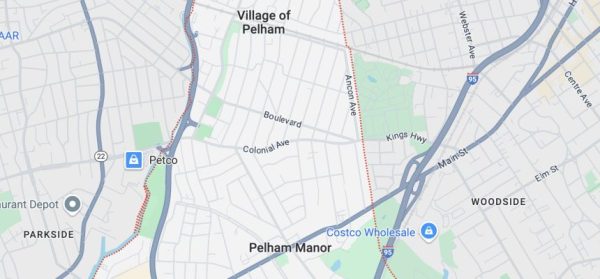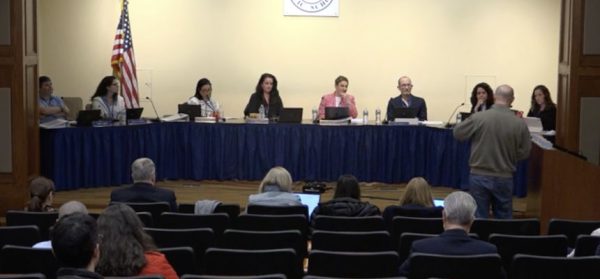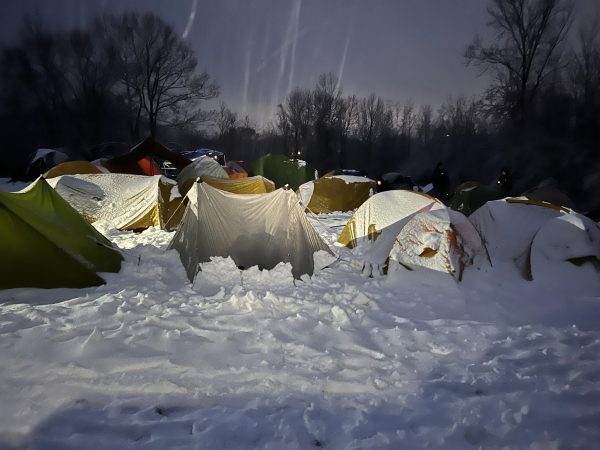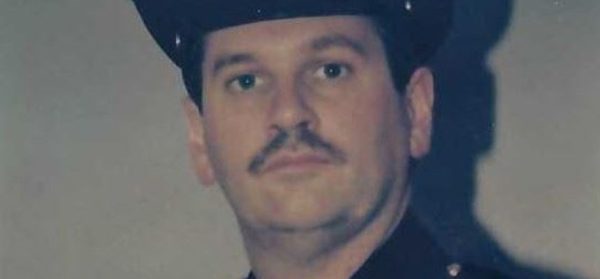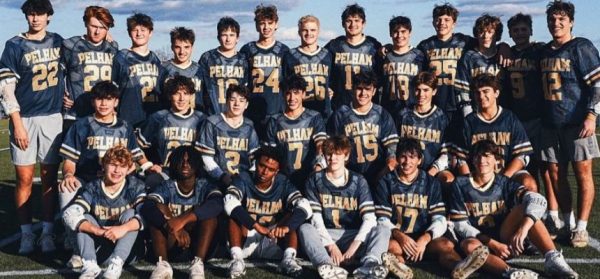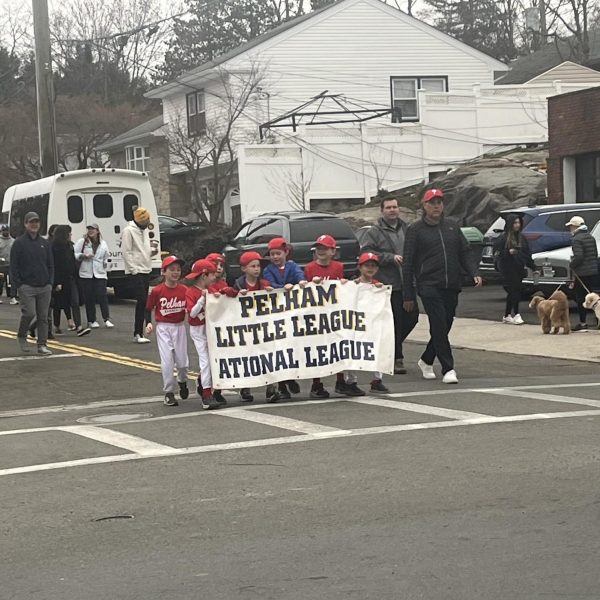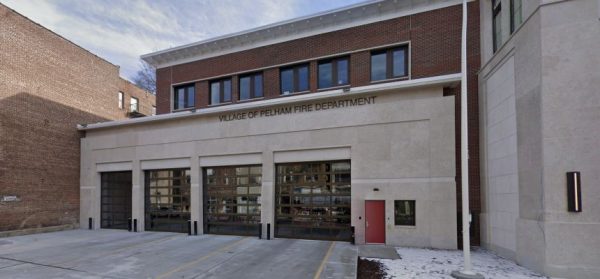Superintendent Champ and Principal Sabia discuss discovery of swastikas at PMS
Superintendent Cheryl Champ and Pelham Middle School Principal Lynn Sabia discussed Monday the recent discovery of swastikas drawn in a Pelham Middle School boys bathroom and the boys locker room.
During an information session at 6 p.m., school officials said the first swastika was discovered on Sept. 27 after school in the boys locker room. This was reported to police immediately. After another check by the head of security on Wednesday, two more swastikas were found in a boys bathroom.
Following these discoveries, Sabia and Assistant Principal Sean Llewellyn talked about “the swastika’s meaning, its dark place in our history and why the symbol remains offensive to this day” during assemblies with each grade on Wednesday. PMS students were also informed of the seriousness of hate crimes and told how kids have to feel comfortable coming forward regarding such events.
At Monday’s meeting, Sabia presented the same slides to the school board and attending parents. This included the education on the swastika’s history and usage, its relation to holocaust, a discussion of hate crimes and ended with a call to action for students. “We do not teach hate here,” said Sabia.
The slides from the presentation are available on the district website.
Sabia said she is working with the Anti-Defamation League to prevent further incidents. After Sabia and Champ addressed the swastika incidents, Champ discussed elements in the 2019-2024 strategic plan goals that cover similar educational issues. As outlined by the discussion, the Pelham school community will develop empowered, adaptable, well-balanced individuals who are equipped to meaningfully contribute to our local, national and global society. This will be structured through three action steps: cultural competence, a whole child approach and authentic learning.
When the floor was opened to questions, members of the community shared concerns about the recent incident at at the middle school.
Following the discussion, there was a previously scheduled parents’ awareness seminar on cultural proficiency. This event was presented by Brenda and Franklin CampbellJones of CampbellJones & Associates. It offered an overview of the training that is being provided to faculty and staff as part of the district’s new strategic plan.
Champ said the program “would be something transformational for us. They take an inside-out approach that fosters systemic change, that focused on equipping us as teachers, as a community to truly foster long-term change.”
During the seminar, Brenda and Franklin CampbellJones stressed the idea of the Ladder of Influence, which is the reflective loop in which our beliefs affect the data we select. Many of us tend to make assumptions, whether based on the color of someone’s color or assuming someone’s gender identity.
The primary issue in much of the discussion was how to prevent future occurrences of this behavior. “Part of our work that we are doing with the school is addressing a major question: Where are our beliefs and how they govern our actions that we do?” said Franklin CampbellJones. “What are our values and how do they govern the way that we assume about the world? That is a big question, and when answered, everything else becomes clear, because what do, we then do to help change that action.”
Brenda CampbellJones went on to explain the value of conversation and empathy when understanding the culture of different peoples.
“Cultural proficiency is not a program, not a curriculum, it is a mindset that you use as you approach what you do,” said Brenda CampbellJones.
During the meeting, the two speakers focused on the continuum, which highlights how our language can be healthy or unhealthy, productive or unproductive.
“We have to trust each other that when someone says: This is my experience at this school, this is the way I see it, this happened to my child,” said Brenda CampbellJones. “Because it didn’t happen to yours does not mean that experience did not happen.”
“Collectively, we need each other. We need each other to see what we can’t see. Because none of us in here can see everything, but all of us working together can see everything. Remember that as you go through these tough times, with all that is happening, there is a lot for you to see. Channel in each other to show you what your own belief system is blocking you from seeing.”
Charlotte is a sophomore at Boston University and a PMHS 2020 graduate. Charlotte found her passion for journalism in 4th grade, when she joined the Colonial...



